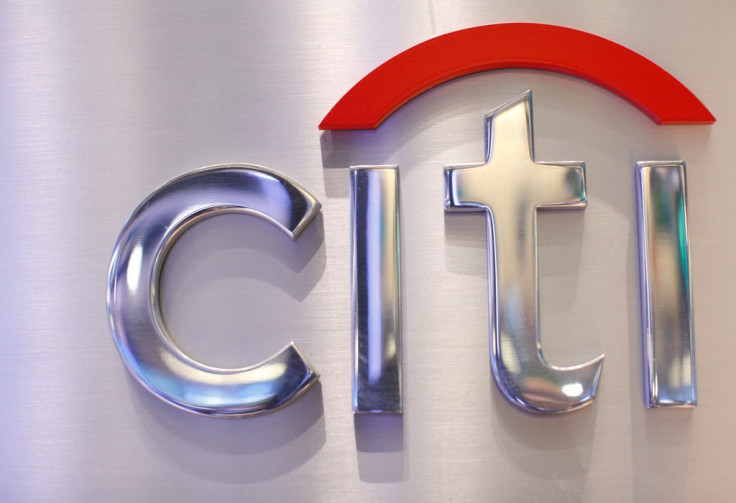Fed Scraps Citi's Share Repurchase and Dividend Plans After Stress Test

US Federal Reserve has blocked banking major Citigroup's plans to buy back its shares and boost dividends for shareholders after the group failed in the central bank's stress test again.
Citi was planning to buy back $6.4bn (£3.9bn, €4.6bn) of shares by the beginning of 2015, and increase dividends by 5%.
The Fed rejected Citi's capital boosting plans, citing concerns about the "overall reliability of Citigroup's capital planning process". The central bank noted that it is too hard to predict how some parts of the bank's global operation would fare in a sharp economic downturn.
"With each year we have seen broad improvement in the industry's ability to assess its capital needs under stress," said Daniel Tarullo, a member of the Fed's board of governors.
"However, both the firms and supervisors have more work to do as we continue to raise expectations for the quality of risk management in the nation's largest banks."
Citi was the only bank in the country's top-five group, which failed to get permission from the regulator to go for shareholder payments. In the past three years, the bank failed twice in Fed stress test, and it has been cutting jobs and trimming some businesses in an effort to improve its finances under the leadership of Michael Corbat.
"We are deeply disappointed by the Fed's decision," Corbat said in a statement.
"The additional capital actions represented a modest level of capital return and still allowed Citi to exceed the required threshold on a quantitative basis."
Capital plans of four other banks, including the US units of HSBC, RBS and Santander, were also rejected, while the plans of twenty-five other banks, including Bank of America, JP Morgan Chase and Goldman Sachs, were approved.
Analysts estimate US banks and financial companies planned to return more than $80bn in capital to shareholders over the next year.
© Copyright IBTimes 2025. All rights reserved.






















